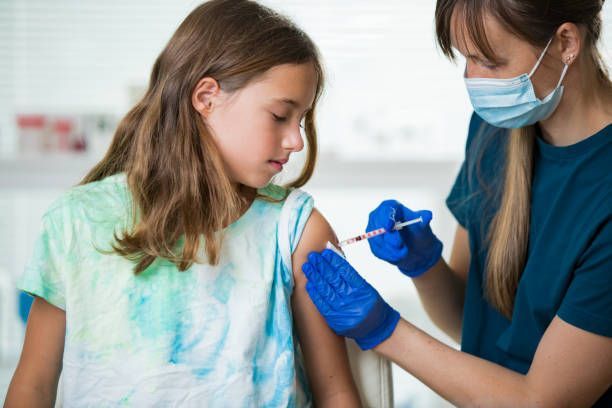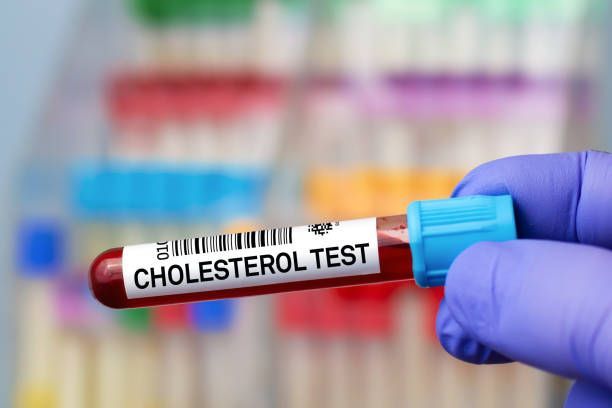The Importance of Vaccinations for Kids and Teens
As parents, nothing matters more than keeping our children safe and healthy. From their first steps to their teenage years, one of the most effective ways to protect kids is through vaccination. Vaccinations for kids are not just about preventing illness in your child, they also protect families, schools, and communities.
At UrgiClinic, we know how important it is to stay up to date on childhood and adolescent vaccines. Our urgent care team offers convenient services for non-life-threatening but urgent medical needs, including timely access to essential vaccines.
Why Vaccinations for Kids Are So Important
Vaccines work by training the immune system to recognize and fight harmful bacteria and viruses. Unlike natural infection, which can cause serious illness or complications, vaccines prepare the body without exposing children to unnecessary risks.
According to the Centers for Disease Control and Prevention (CDC), vaccines have prevented millions of cases of disease and saved countless lives worldwide.
Some key benefits of vaccinations for kids include:
- Protecting children from serious diseases such as measles, polio, whooping cough, and meningitis.
- Preventing long-term health complications that can result from certain infections.
- Creating herd immunity, which helps shield babies, immunocompromised individuals, and others who cannot be vaccinated.
- Reducing absences from school, sports, and family activities caused by illness.
Simply put, vaccinations for kids are one of the safest, most effective tools we have to keep families healthy.
Recommended Vaccinations for Kids and Teens

The CDC provides a detailed immunization schedule that outlines which vaccines children and teens should receive at different ages.
Some of the most important vaccinations for kids include:
DTaP and Tdap (Diphtheria, Tetanus, Pertussis)
- Protects against three potentially deadly diseases.
- DTaP is given in early childhood, and Tdap is the booster for teens around age 11–12.
MMR (Measles, Mumps, Rubella)
- Prevents highly contagious viral illnesses that can cause complications like pneumonia or brain inflammation.
Polio (IPV)
- Once a feared illness causing paralysis, polio has been nearly eliminated thanks to vaccines.
Hib (Haemophilus influenzae type b)
- Protects against meningitis, pneumonia, and severe throat infections in young children.
HPV (Human Papillomavirus)
- Recommended for preteens and teens, this vaccine protects against cancers caused by HPV.
Meningococcal vaccine
- Protects teens and young adults against meningitis and bloodstream infections.
Seasonal flu vaccine
- Given yearly, the flu shot reduces the risk of serious illness from influenza.
By following the recommended schedule, parents can ensure their children are fully protected at each stage of growth.
Addressing Common Concerns About Vaccinations for Kids

Despite overwhelming scientific evidence supporting vaccines, some parents still feel uncertain. Here are a few common concerns, and what the science says:
- “Are vaccines safe?”
Yes. Vaccines undergo rigorous testing before approval and continuous monitoring afterward. Serious side effects are extremely rare. - “Can vaccines overwhelm my child’s immune system?”
No. Children encounter far more antigens (substances that trigger immune responses) in daily life than they receive through vaccines. - “What about side effects?”
Most side effects are mild, such as soreness at the injection site or low fever. These are short-lived compared to the risks of the diseases vaccines prevent.
- “Why vaccinate against diseases that are rare?”
Many illnesses are rare because vaccines work. Without ongoing vaccination, these diseases can return, as seen with recent measles outbreaks in undervaccinated areas.
The Role of Urgent Care in Vaccinations for Kids
Primary care providers are often the main source of vaccinations for kids, but urgent care centers like UrgiClinic also play an important role, especially for urgent or time-sensitive needs.
Here’s how urgent care can help:
- Catch-up vaccinations if a child has missed doses and needs to get back on schedule.
- Convenient access during evenings or weekends when pediatric offices are closed.
- School and sports requirements such as Tdap boosters or flu shots before enrollment or team participation.
- Travel vaccinations for families preparing to go abroad.
Urgent care is not a replacement for your child’s pediatrician, but it is a valuable resource when you need quick, accessible care without waiting weeks for an appointment.
How Parents Can Stay on Track
To make sure your child never falls behind on vaccinations for kids, try these simple strategies:
- Follow the CDC schedule and keep a copy of your child’s vaccine record handy.
- Schedule vaccines with school milestones—such as before kindergarten, middle school, and high school.
- Ask about vaccines at every visit—whether you’re at urgent care, the pediatrician, or a specialist.
- Set reminders on your phone or calendar for annual flu shots and upcoming boosters.
- Stay informed by checking reliable sources like the CDC and American Academy of Pediatrics.
Final Thoughts
Vaccines are one of the greatest public health achievements of our time. For parents, staying on top of vaccinations for kids and teens is a simple yet powerful way to ensure long-term health and prevent dangerous diseases.
At UrgiClinic, we’re here to support your family with urgent medical needs that can’t wait, but aren’t life-threatening emergencies. That includes helping your child stay on track with vaccines when your pediatrician’s office isn’t available.
Walk in with us today. Keep your child protected and your family safe with timely vaccinations at UrgiClinic, because their health can’t wait.













